To help the country, which is still facing a very serious financial crisis, the IMF has proposed solutions to Lebanon such as the use of a single exchange rate, a modernization of taxes and better use of VAT. For its part, the EU is providing aid of €25 million to fight against food insecurity, which affects more than 7,000 Lebanese families.
The International Monetary Fund (IMF) published a technical assistance report on Lebanese fiscal policy on January 13, which estimates that the fiscal shortfall of the Lebanese Treasury amounts to 5.6% of GDP in 2022, mainly caused by the undervaluation of customs tariffs, value added tax (VAT) at the border and excise duties.
The report presents a set of options to remedy this situation, including, in the immediate term, the use of a single exchange rate (the level of which must be higher than or equal to the rate of the Sayrafa platform of the Bank of Lebanon) for all assessments in the tax system, as well as an indexation of specific thresholds and excise duty on inflation.
In the medium term, better use of VAT and modernization of corporate tax are recommended. The report also highlights the importance of a comprehensive view of the tax system and coordinated actions to address these issues.
The EU grants an additional €25 million to combat food insecurity
The European Union has announced two economic initiatives to provide financial support to vulnerable people in Lebanon and to combat food insecurity.
These initiatives foresee a total funding of €25 million, which will be used to provide immediate assistance to 7,245 Lebanese families living in poverty, through the National Poverty Targeting Program (NPTP) set up by the government in collaboration with the World Food Program (WFP).
The second part of the funds will be earmarked for the strengthening of Lebanese agricultural and agri-food systems, led by the Food and Agriculture Organization of the United Nations (FAO) and the WFP.
Source Embassy of France in Lebanon














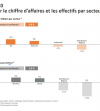

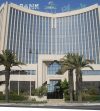


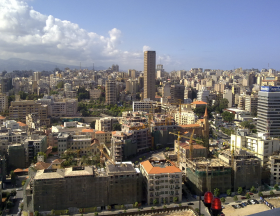

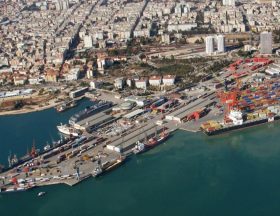

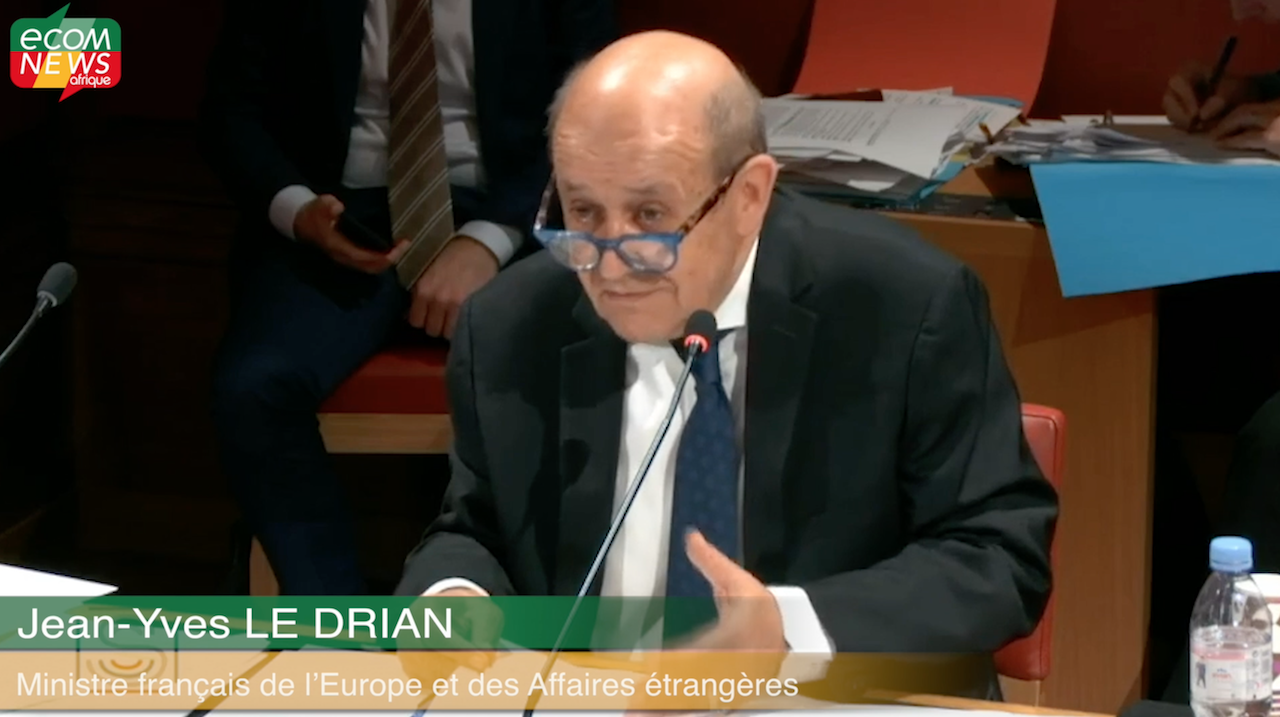
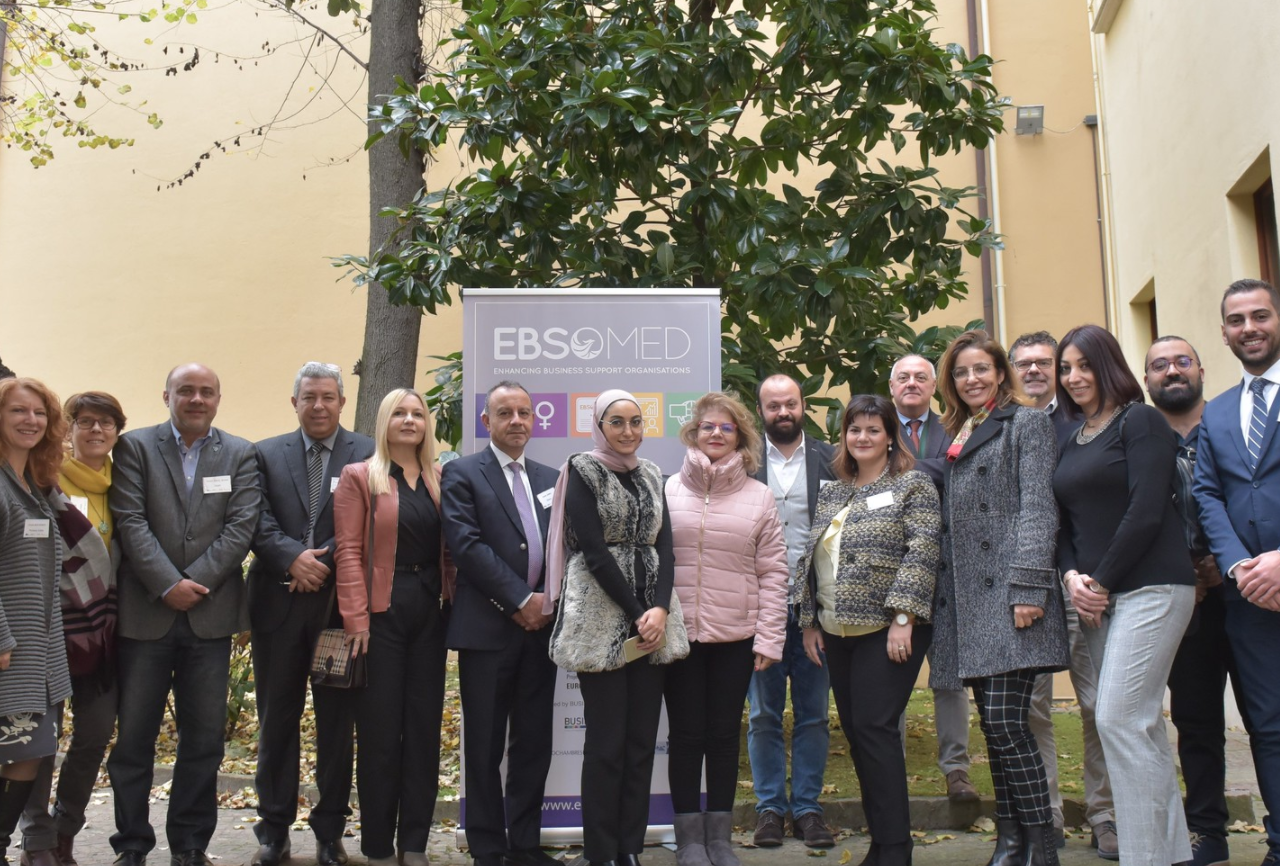
Réagissez à cet article